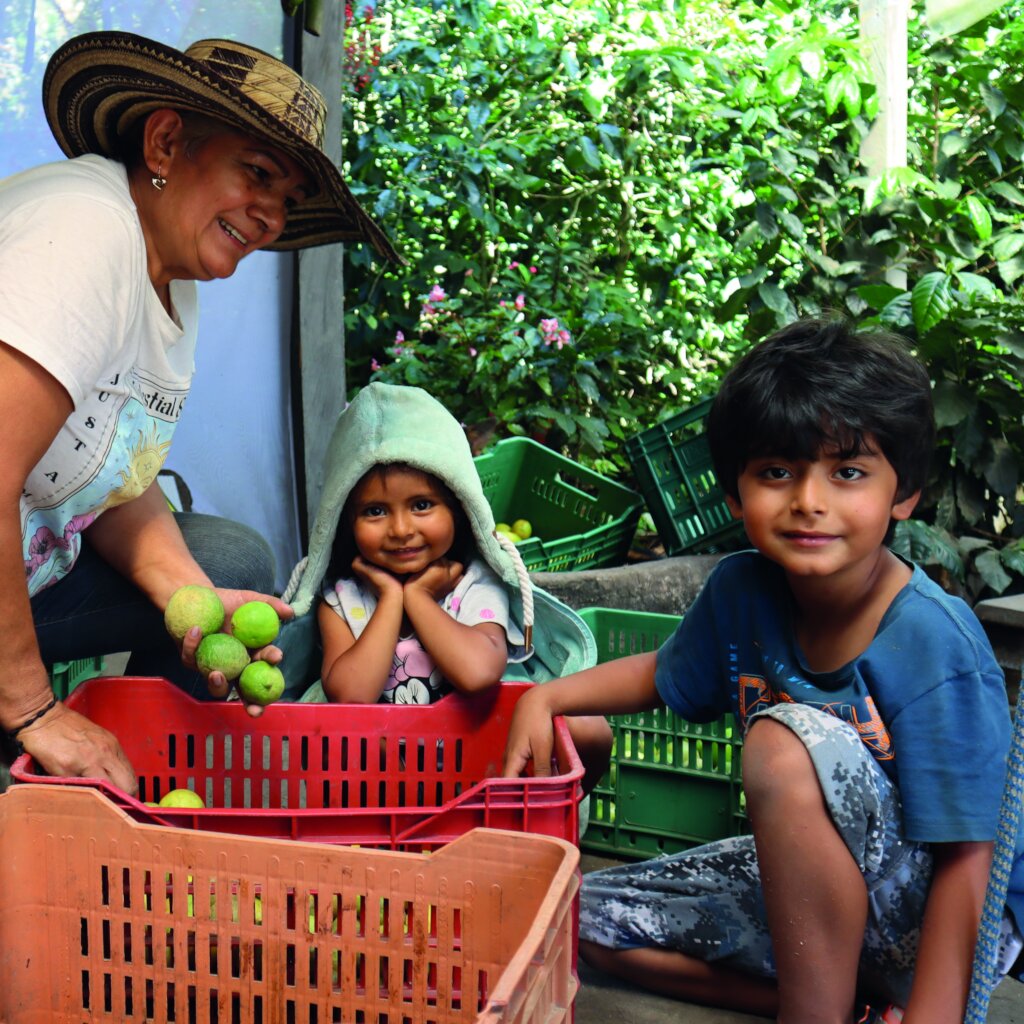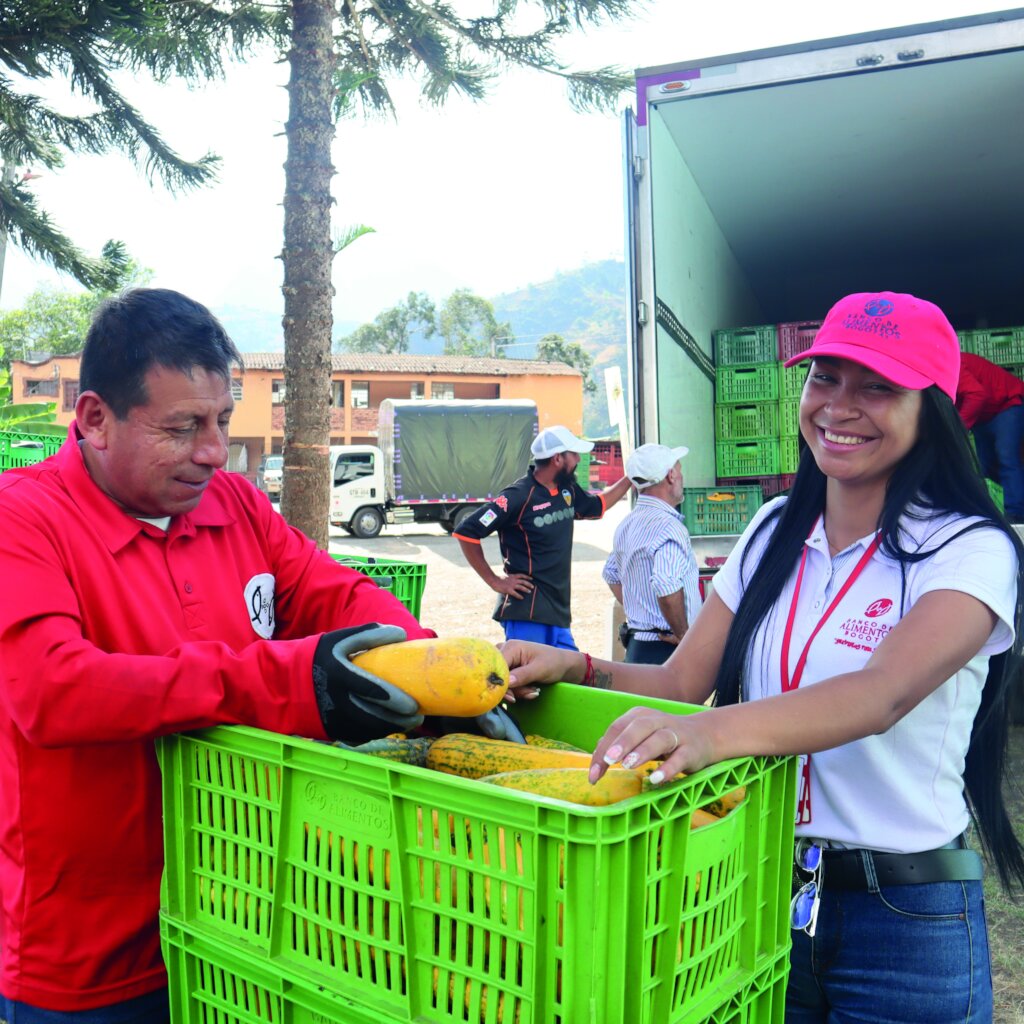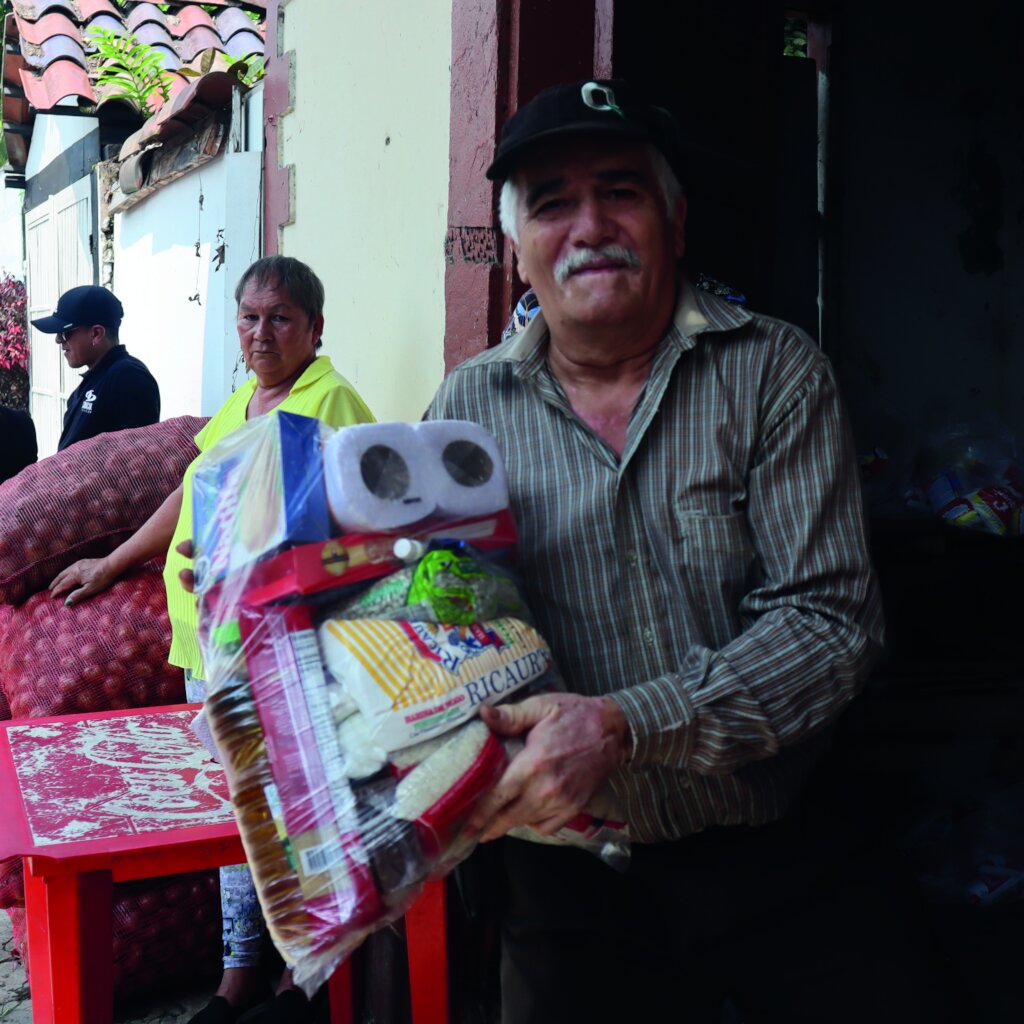By Lina Barrantes | Fundraising Coordinator
2024 is starkly demonstrating that climate change is not a looming future threat but a tangible and frightening reality. Extreme weather events and unprecedented devastating impacts are unexpectedly knocking on everyone's door, affecting both the planet and humanity. Currently, El Niño is putting Colombia in a tough spot, with the latest report from the Agricultural Entities' PMU revealing that 23,986 hectares of crops have been adversely affected by climatic conditions, including water scarcity, frosts, and wildfires. These challenges disproportionately affect small-scale farmers.
El Niño, a natural climate variability phenomenon characterized by the warming of the Pacific Ocean waters, predominantly impacts the Andean and Caribbean regions. It is associated with prolonged droughts and intense temperatures. Though the relentless sun has recently given way to torrential rains due to other meteorological phenomena and atmospheric conditions, the consequences of the El Niño Phenomenon on water resources, crops, and food supply are expected to be severe.
This global challenge calls for the implementation of social, environmental, and food security solutions. Climate change could push between 2.4 million and 5.8 million people in Latin America and the Caribbean into extreme poverty by 2030—a daunting figure, especially considering that 43.2 million people are currently facing hunger in the region.
In response to this emergency, the Bogotá Food Bank has been remarkably effective. It has distributed over 12 tons of food, beverages, and supplies to both relief organizations and communities, ensuring that no one goes without during this period. Additionally, it is supporting the farming families it partners with in more than 21 municipalities, helping them to mobilize their products.
Agricultural families are particularly vulnerable to climate change. They face reduced crop yields due to prolonged droughts and are at risk of flooding and soil erosion. A lack of crops means a lack of food for both farmers and urban residents. Without necessary climate adaptation measures, food production could dramatically decrease.
Addressing this issue is a collective responsibility. By preparing and taking real actions, we can ensure that rural communities remain productive and their activities revitalized, thus preventing food production from being impacted. We appeal once again to your generosity and that of your loved ones to join us in the fight against climate change and the battle against hunger.
Links:
Project reports on GlobalGiving are posted directly to globalgiving.org by Project Leaders as they are completed, generally every 3-4 months. To protect the integrity of these documents, GlobalGiving does not alter them; therefore you may find some language or formatting issues.
If you donate to this project or have donated to this project, you can receive an email when this project posts a report. You can also subscribe for reports without donating.
Support this important cause by creating a personalized fundraising page.
Start a Fundraiser

